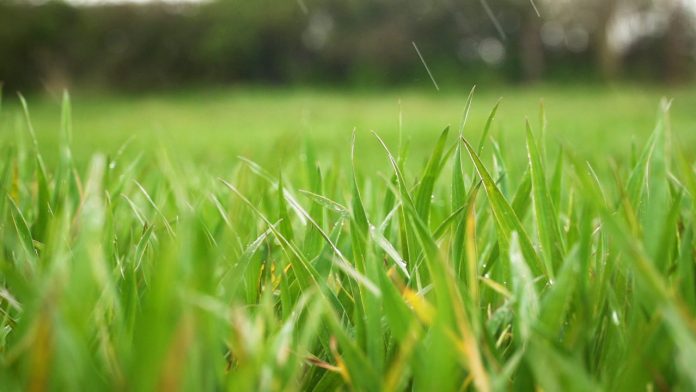Six European non-governmental organisations (NGOs) and five in France announced on Thursday (January 25) that they had submitted two separate requests to the European Commission for an “internal review” over the recent re-approval of glyphosate, broad-spectrum herbicide.
The Commission extended the licence for the controversial herbicide for a further 10 years in December after EU member states failed to reach a majority in a re-authorisation vote.
The Pesticide Action Network, together with the lawyers of ClientEarth and other organisations, claim that the two EU bodies giving scientific advice for the decision, the European Food Safety Authority (EFSA) and the European Chemicals Agency (ECHA), “have not paid sufficient heed to the science.”
The statement claimed that the Commission “has acted against EU law on approval of pesticides and the precautionary principle by re-approving glyphosate despite evidence that the substance can cause harm to humans, animals and the environment”. The NGOs accuse ECHA of having “failed to prove that glyphosate is not genotoxic,” while “non-industry studies based on the most sensitive tests show that the herbicide is in fact genotoxic.”
ECHA, in turn, responded that “all available evidence was carefully examined to arrive at the conclusion that glyphosate is not carcinogenic or genotoxic” and “no important findings were dismissed.”
EFSA also emphasised that “the risk assessment and peer review for glyphosate was the most comprehensive and transparent assessment of a pesticide that EFSA and the EU member states have ever carried out, and EFSA stands firmly behind its conclusions”.
Commission spokesman Stefan de Keersmaecker stated that the scientific advice on glyphosate “is the result of a thorough and stringent process that began in December 2019 with the work of a group of member states – France, Hungary, the Netherlands and Sweden – designated as Rapporteur member states.”
It also took into account all available information, both mandatory regulatory studies required by the EU law and a huge body of published scientific literature.
The Commission has 16 weeks to respond, which can be extended to 22 weeks. NGOs then have two months and 10 days to appeal the response to the European Court of Justice.
“If the Commission does not revoke its authorisation for glyphosate, the NGOs will proceed with court action.”
Anaïs Berthier, a senior lawyer and head of ClientEarth Brussels, emphasised that it is “really difficult to assess how long it is going to take. Usually it takes around one year, one year and half before the general court of the EU.” It could then take another year if the Commission loses the case and appeals as “it generally happens.”
